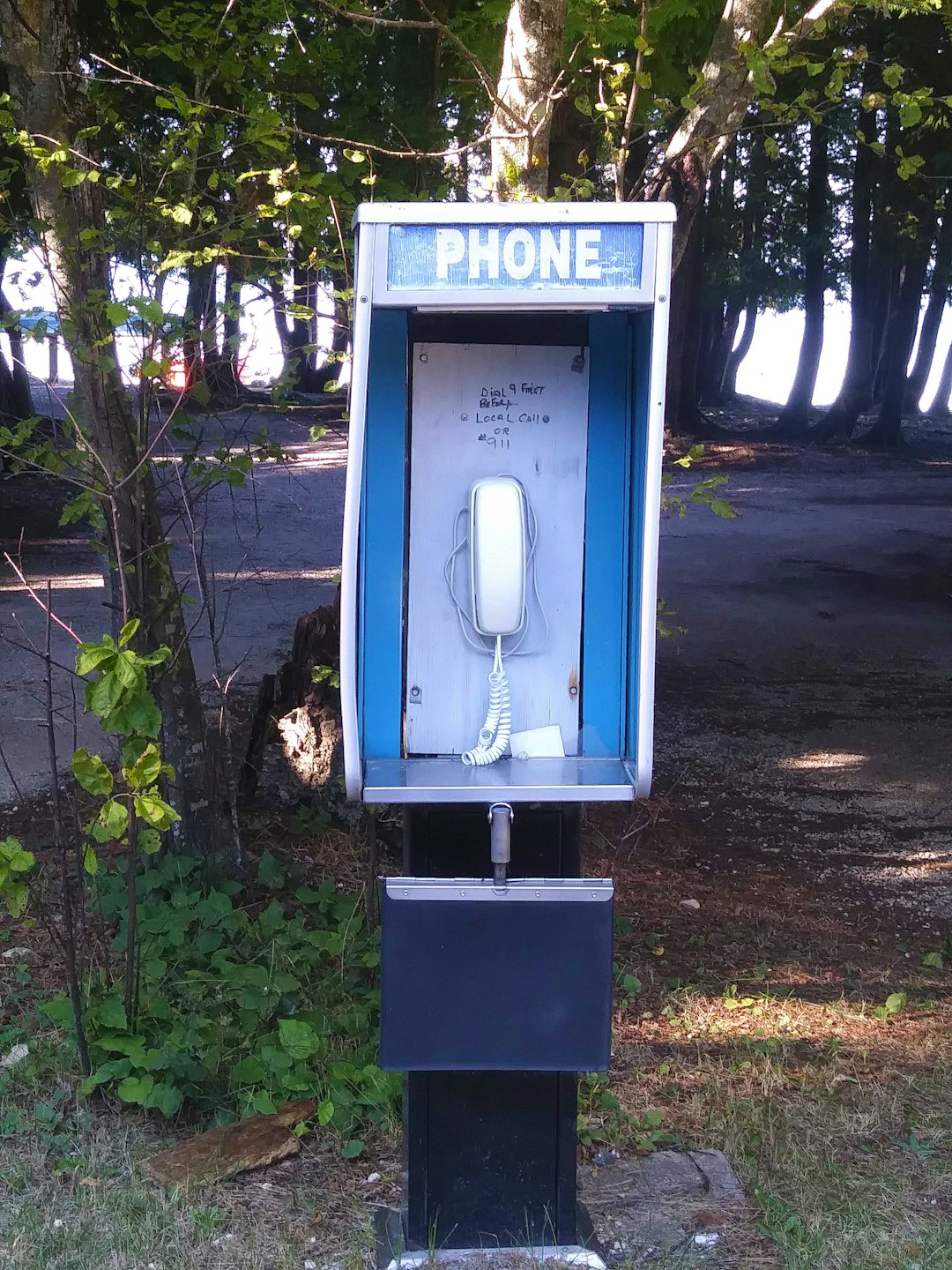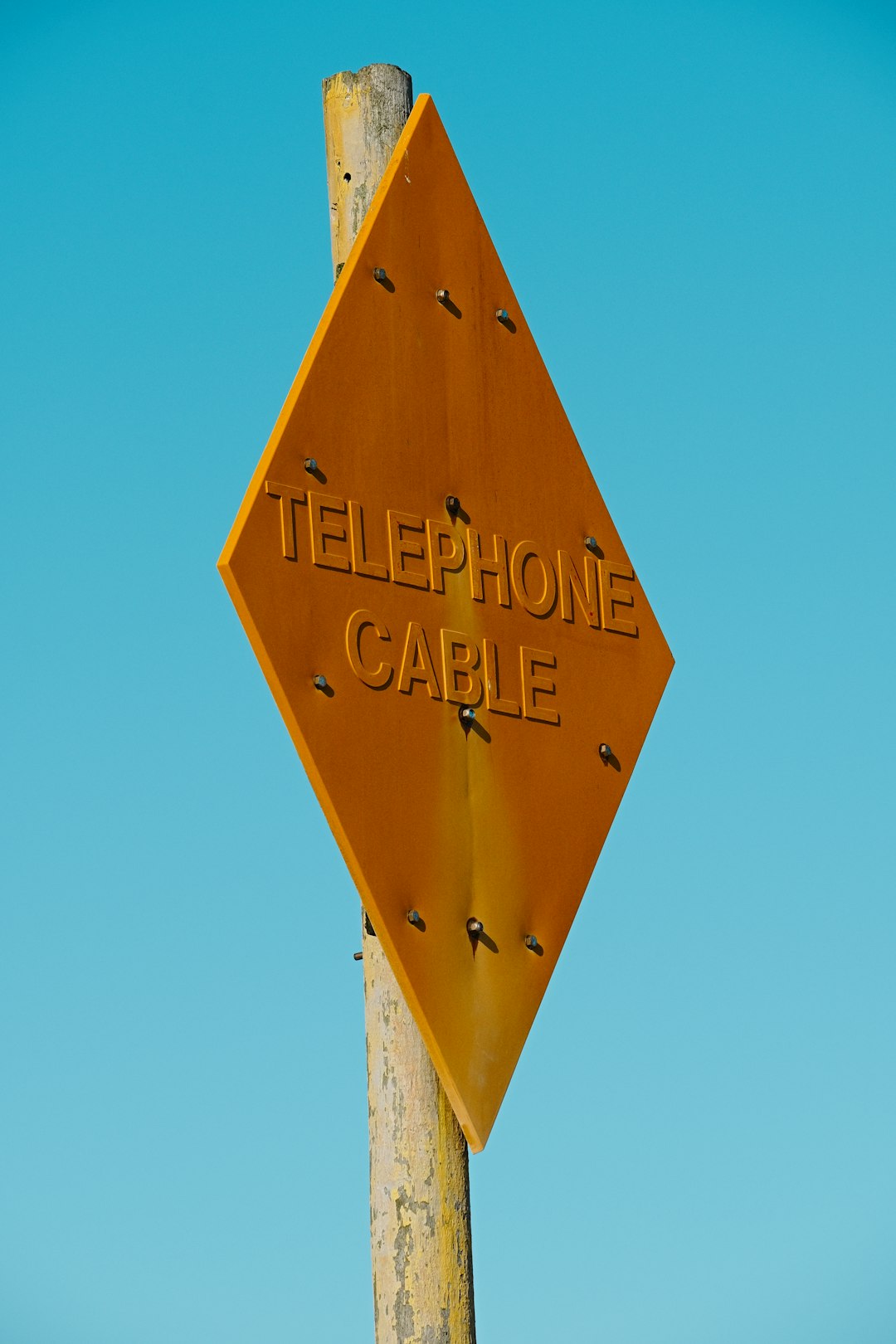Spam texts are regulated in Maine by state laws (Title 10, Chapter 626) and federal acts like the TCPA, offering protection from unsolicited promotional messages. Consumers can take action by opting-out, reporting spam to FTC or local AG, and blocking senders. To seek compensation, document all spam incidents with timestamps, content, and metadata. Contact the Maine Attorney General's consumer protection division or phone service providers for resolution under strict spam text regulations.
In the digital age, Maine residents face a growing nuisance in their inboxes and phones: spam texts. These unsolicited messages not only disrupt daily life but also carry legal implications under Maine’s strict anti-spam laws. This article guides you through the process of understanding, documenting, and seeking compensation for spam texts, empowering Maine residents to protect their rights and reclaim control over their communication channels. Learn about the legal framework, your entitlements, and practical steps to file a complaint effectively.
Understanding Spam Texts and Their Legal Implications in Maine

Spam texts, or unsolicited text messages promoting products, services, or offers, are a common nuisance in today’s digital age. In Maine, as in many other states, these spam texts have legal implications. According to the Maine Attorney General’s Office, businesses and individuals who send spam texts can face penalties for violating consumer protection laws. These laws not only aim to protect consumers from deceptive practices but also to hold offenders accountable for their actions.
Understanding the legal landscape surrounding spam texts is crucial for both victims and those looking to take action. In Maine, the spam text laws are designed to prevent harassment and mislead recipients. If you’ve received unsolicited text messages that meet the definition of spam, you may have rights under these laws. This includes the ability to seek compensation for any harm or inconvenience caused, as well as asking for the sender to stop further communication.
The Maine Laws Governing Spam and Unwanted Text Messages

In Maine, the regulation of spam and unwanted text messages is governed by state laws designed to protect consumers from unsolicited and deceptive messaging. The Maine Revised Statutes Title 10, Chapter 626 addresses electronic communications, including text messages, and outlines rights and restrictions for both businesses and consumers. According to these laws, businesses must obtain explicit consent from recipients before sending mass text messages, often referred to as spam texts. Any violation of these rules can result in legal action and compensation for the recipients.
Consumers in Maine have the right to opt-out of receiving promotional text messages by replying “STOP” to the sender. This simple step allows individuals to prevent further unwanted messaging. Moreover, the state laws provide a framework for seeking compensation if spam texts cause distress, inconvenience, or financial harm. Victims may be entitled to damages, including reimbursement for any costs incurred due to the unsolicited messages.
Your Rights as a Maine Resident Against Spam Texts

As a Maine resident, you have specific rights and protections against receiving spam texts. According to the Telephone Consumer Protection Act (TCPA), businesses are prohibited from sending unsolicited text messages for marketing purposes. This law applies to all states, including Maine, and violates your privacy and right to quiet enjoyment of your phone.
If you’ve received spam texts in Maine, you have options. You can report these messages to the Federal Trade Commission (FTC) and your state’s Attorney General’s office. Additionally, many wireless carriers offer tools to block unwanted text messages. Taking action not only protects you but also helps hold spammers accountable under Maine’s strict spam text laws.
How to Prove and Document Spam Texts for Compensation

Proving and documenting spam texts is a crucial step in seeking compensation under Maine’s spam laws. The first course of action is to gather all relevant evidence, including the text messages themselves, timestamps, and any metadata provided by your phone service provider. Keep a detailed log or record of each instance, noting the date, time, sender’s number, and the content of the message. Take screenshots or make copies of these texts for future reference.
Additionally, documenting your actions in response to the spam can strengthen your case. Save any records of blocking numbers, reporting the senders to phone companies or authorities, or keeping a log of attempts to contact them for removal from their mailing lists. Such documentation not only proves that you received and attempted to stop the unwanted texts but also demonstrates a pattern of harassment, aiding in a successful compensation claim under Maine’s spam laws.
Steps to File a Complaint and Seek Monetary Relief for Spam Texts

To file a complaint and seek monetary relief for spam texts in Maine, start by documenting the evidence. Keep a record of all unwanted text messages, including dates, times, and content. This documentation is crucial when presenting your case to the appropriate authorities. Next, contact the Maine Attorney General’s Office, which has a dedicated division for consumer protection. File a formal complaint online or through their hotline, providing all relevant details about the spam texts you’ve received.
The office will review your case and may take action against the spammers. This can include negotiating settlements or taking legal proceedings. Additionally, you can report the spam to your phone service provider, which might offer blocking options and, in some cases, provide compensation for the inconvenience caused by spam texts. Stay proactive in protecting your rights; timely action can result in monetary relief and deter future spam activities under Maine’s stringent spam text laws.






